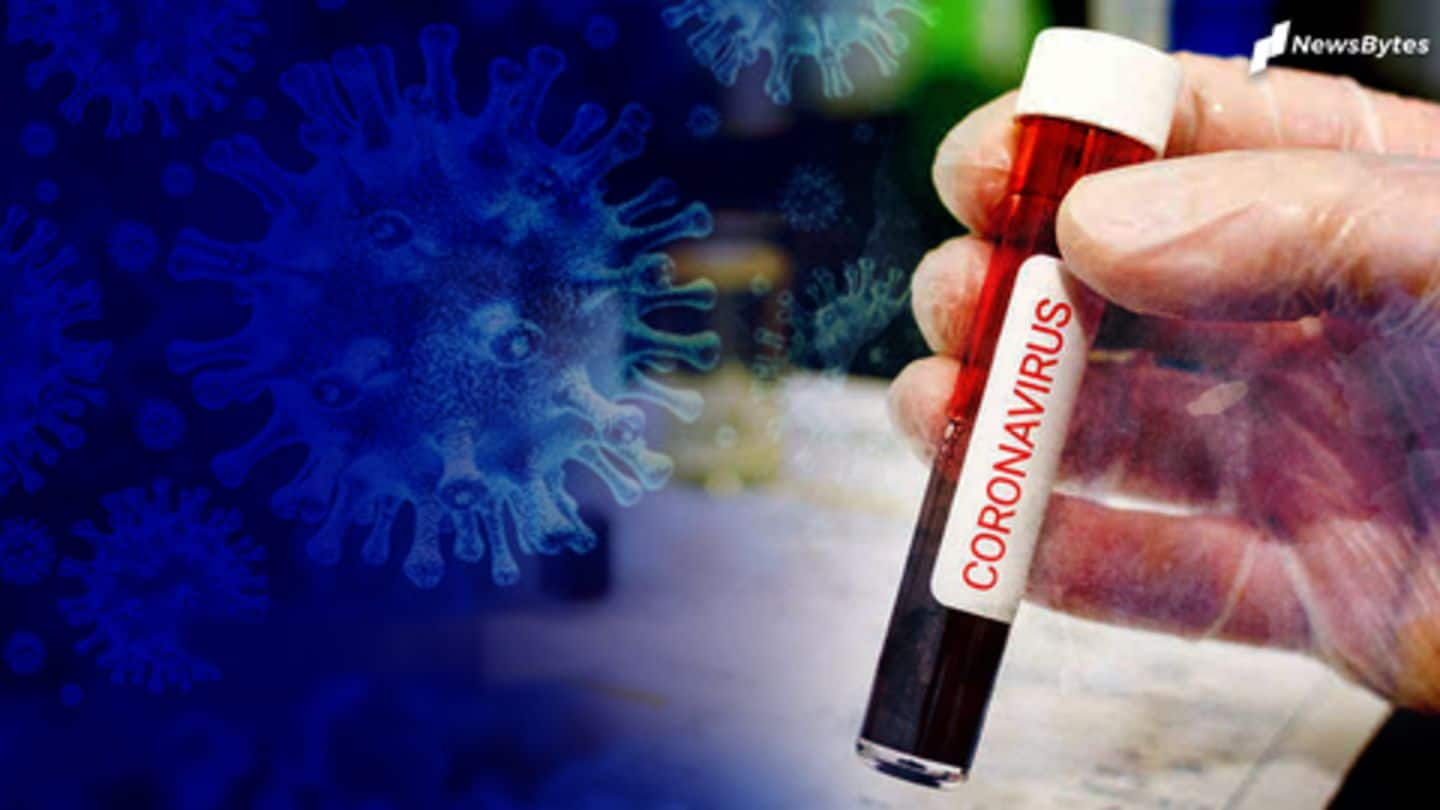
ICMR asks states to temporarily halt rapid testing for coronavirus
What's the story
The Indian Council of Medical Research (ICMR) has asked all states to temporarily stop rapid testing, the quick antibody assessment developed to screen patients for the novel coronavirus infection.
The decision from the council comes after several states reported issues with their rapid-test kits, noting that they are not providing as accurate results as expected.
Here is all you need to know about it.
Report
'Variations with rapid test kits'
In a recent press briefing, Dr. Raman Gangakhedkar, the Deputy Director of ICMR, said that all states have been asked to stop using rapid test kits for two days.
He added, a "lot of variations" have been seen in the kits and an advisory on their usage will be issued in the next two days, following extensive testing and validation by the on-ground teams.
Issues
Rajasthan reported 5.4% accuracy of rapid test kits
The decision from the council comes shortly after Rajasthan complained about these rapid testing kits and ceased their use.
According to the state's Health Minister, Raghu Sharma, the kits gave results with a meager 5.4% accuracy, against the general expectation of 90%.
Notably, most of them were procured by the ICMR from two Chinese companies a few days ago.
Issues
Mass testing targeted with rapid tests
If the field checks by the ICMR confirm that most of the kits are not accurate enough, it would be a major blow during this time of crisis.
Basically, the testing pace of the country would be slowed down, given that the ICMR has been using these kits to mass-screen people living in coronavirus hot-spots or regions with a large number of positive cases.
Requirement
Aggressive testing and isolation only way to fight COVID-19
WHO has repeatedly stressed on the importance of aggressive testing and isolation to fight this crisis, but India has been moving relatively slow in this department.
Ever since the disease started spreading in India, a little over 4.49 lakh samples have been tested, of which some 18,658 have come as positive, 592 have died, whereas 3,273 patients have recovered.